Classics are timeless reads that bring you comfort, nostalgia, and warmth to invigorate and inspire you from time to time. This World Book Day, we’re bringing you our favourite books that will stay with you for a lifetime!
Navarasa by A.N.D. Haksar
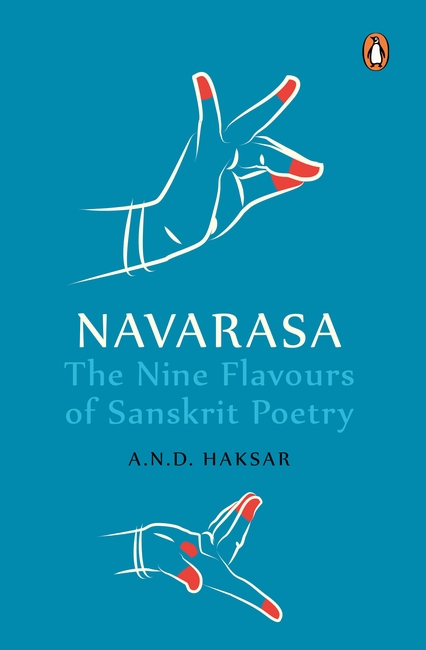
According to Indian aesthetics, “rasa” is the sap or juice that permeates our culture, art, and helps to direct our basic human feelings. The Natya Shastra, an ancient Hindu text, first made reference to the Navarasas; our art, dance, theatre, and literature are all founded on these nine human emotions. For the first time, 99 verse translations of the nine rasas of old Hindu history are presented in Navarasa: The Nine Flavors of Sanskrit Poetry, coming soon.
The Monkey’s Wounds by Hajra Musroor
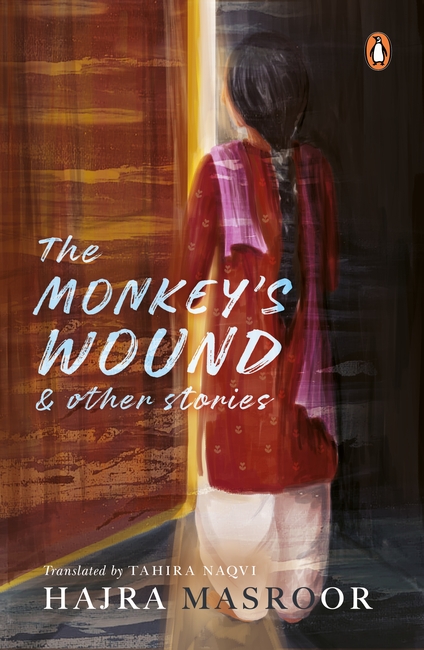
A compilation of sixteen short tales by Hajra Masroor called The Monkey’s Wound and Other Stories serves as an example of her unyielding voice, her piercing depictions of the bitter realities of life, and the wounds and traumas of women’s inner lives. The tales are taken from her renowned compilation of tales, Sab Afsanay Meray, and are translated from the original Urdu. They are tales that showcase Masroor at her finest.
The Sacred Wordsmith by Raja Rao
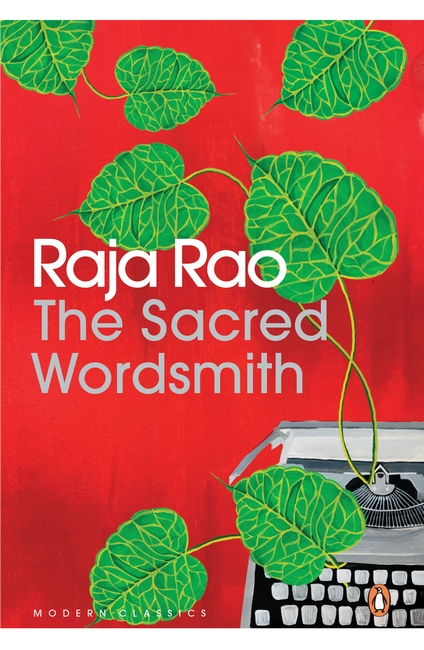
Raja Rao’s best works, including his autobiographical Prefaces and Introductions, are collected in The Sacred Wordsmith. The book includes a number of his well-known acceptance speeches, such as those for the Sahitya Akademi Award and Neustadt International Prize, as well as other well-known writings, including “The World is Sound,” “The Word,” “Why Do You Write?” “The West Discovers Sanskrit,” “The English Language and Us,” and “The Story Round, Around Kanthapura,” a fascinating, unpublished account of the creation of his well-known first novel.
The Postmaster by Rabindranath Tagore
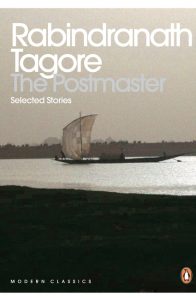
Poet, novelist, painter and musician Rabindranath Tagore created the modern short story in India. Written in the 1890s, during a period of relative isolation, his best stories—included in this selection—recreate vivid images of life and landscapes. They depict the human condition in its many forms: innocence and childhood; love and loss; the city and the village; the natural and the supernatural. Tagore is India’s great Romantic. These stories reflect his profoundly modern, original vision. Translated and introduced by William Radice, this edition includes selected letters, bibliographical notes and a glossary.
Selected Stories by Saadat Hasan Manto
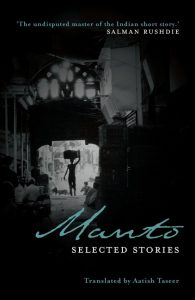
The gentle dhobi who transforms into a killer, a prostitute who is more child than woman, the cocky, young coachman who falls in love at first sight, a father convinced that his son will die before his first birthday. Saadat Hasan Manto’s stories are vivid, dangerous and troubling and they slice into the everyday world to reveal its sombre, dark heart. These stories were written from the mid 30s on, many under the shadow of Partition. No Indian writer since has quite managed to capture the underbelly of Indian life with as much sympathy and colour. In a new translation that for the first time captures the richness of Manto’s prose and its combination of high emotion and taut narrative, this is a classic collection from the master of the Indian short story.
Lifting the Veil by Ismat Chughati
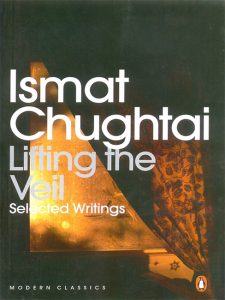
At a time when writing by and about women was rare and tentative, Ismat Chughtai explored female sexuality with unparalleled frankness and examined the political and social mores of her time.
She wrote about the world that she knew, bringing the idiom of the middle class to Urdu prose, and totally transformed the complexion of Urdu fiction.
Lifting the Veil brings together Ismat Chughtai’s fiction and non-fiction writing. The twenty-one pieces in this selection are Chughtai at her best, marked by her brilliant turn of phrase, scintillating dialogue and wry humour, her characteristic irreverence, wit and eye for detail.
One Part Woman by Perumal Murugan
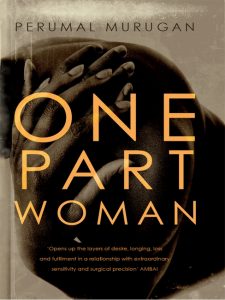
All of Kali and Ponna’s efforts to conceive a child-from prayers topenance, potions to pilgrimages-have been in vain. Despite being in aloving and sexually satisfying relationship, they are relentlessly houndedby the taunts and insinuations of the people around them.Ultimately, all their hopes and apprehensions come to converge on thechariot festival in the temple of the half-female god Ardhanareeswaraand the revelry surrounding it. Everything hinges on the one night whenrules are relaxed and consensual union between any man and woman issanctioned. This night could end the couple’s suffering and humiliation.
But it will also put their marriage to the ultimate test.Acutely observed, One Part Woman lays bare with unsparing clarity arelationship caught between the dictates of social convention and the tugof personal anxieties, vividly conjuring an intimate and unsettling portraitof marriage, love and sex.
Loom of Time by Kalidasa
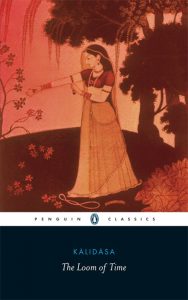
Kalidasa is the greatest poet and playwright in classical Sanskrit literature and one of the greatest in world literature. Kalidasa is said to have lived and composed his work at the close of the first millennium BC though his dates have not been conclusively established. In all, seven of his works have survived: three plays, three long poems and an incomplete epic. Of these, this volume offers, in a brilliant new translation, his two most famous works, the play Sakuntala, a beautiful blend of romance and fairy tale with elements of comedy; and Meghadutam (The Cloud Messenger), the many-layered poem of longing and separation.
Also included is Rtusamharam (The Gathering of the Seasons), a much-neglected poem that celebrates the fulfillment of love and deserves to be known better. Taken together, these works provide a window to the remarkable world and work of a poet of whom it was said: Once, when poets were counted, Kalidasa occupied the little finger; the ring finger remains unnamed true to its name; for his second has not been found.
Loved these recommendations?
Head over to our Instagram for regular updates about amazing books and refreshing book recommendations. Happy World Book Day!







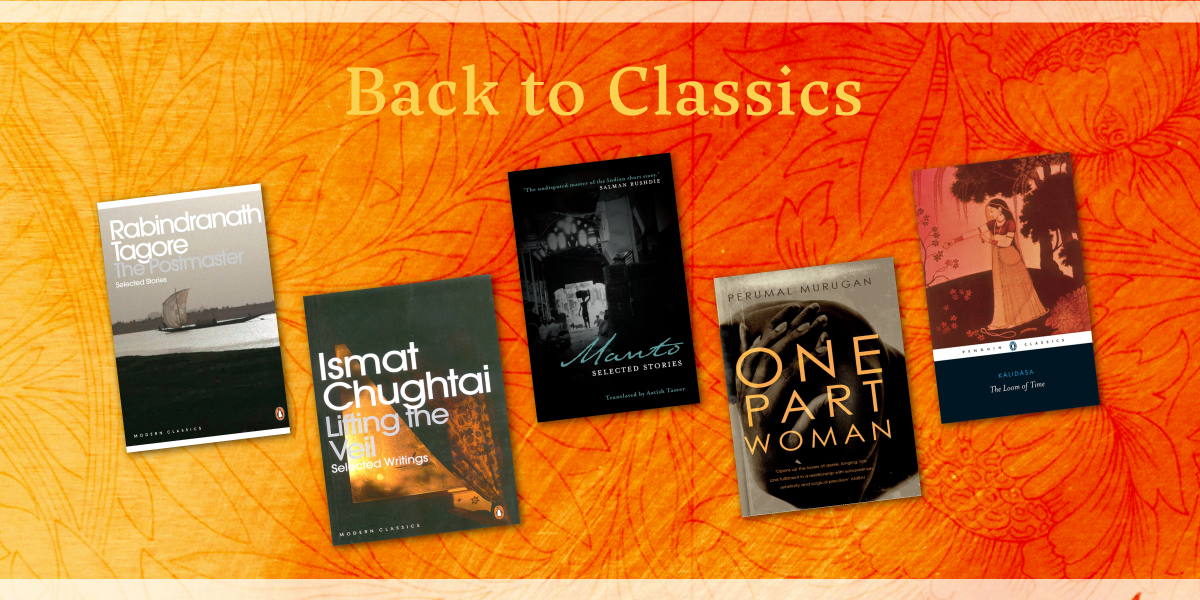
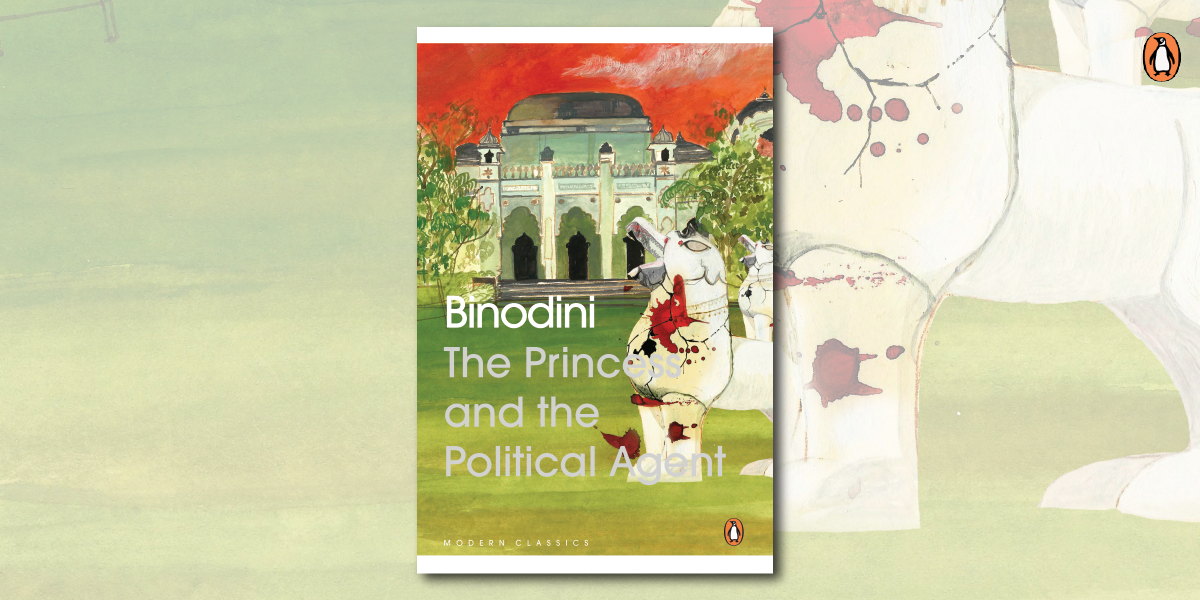

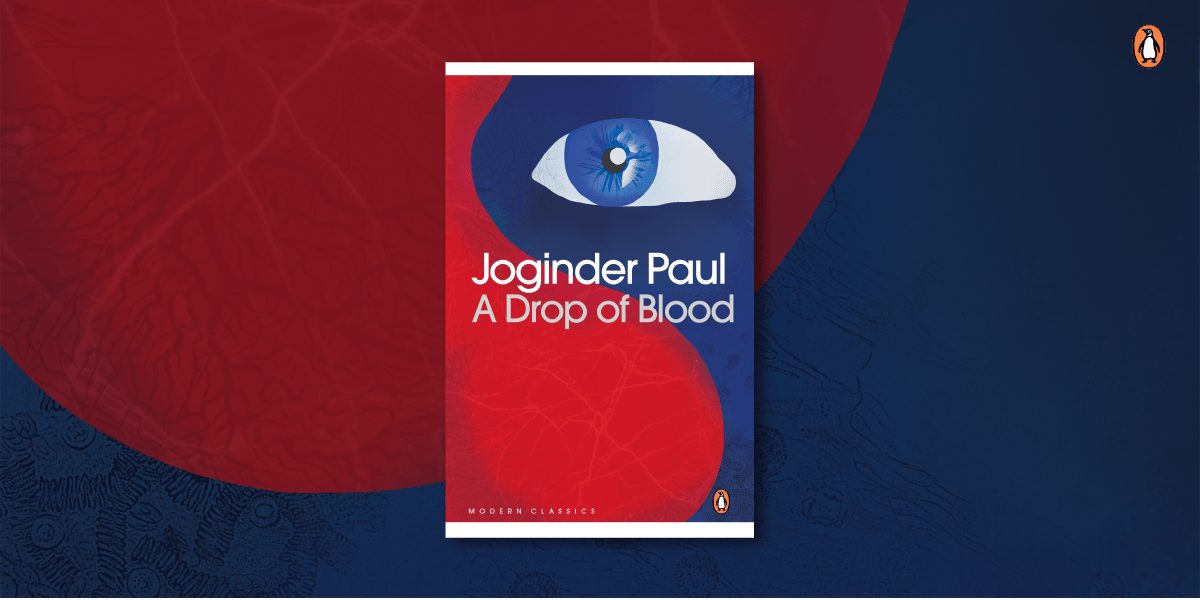
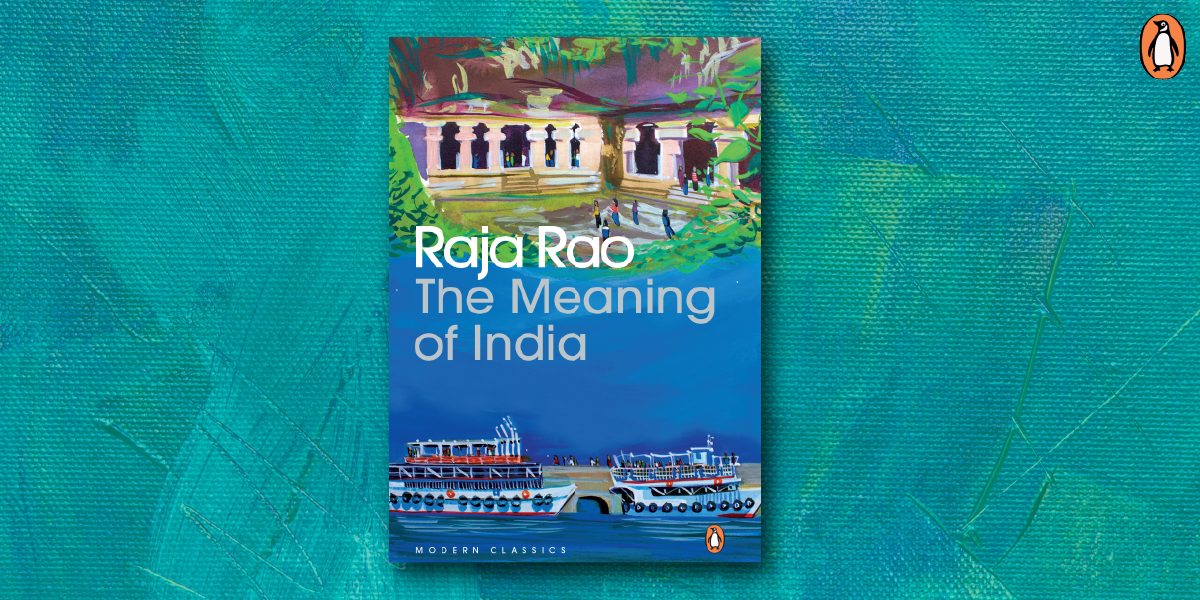












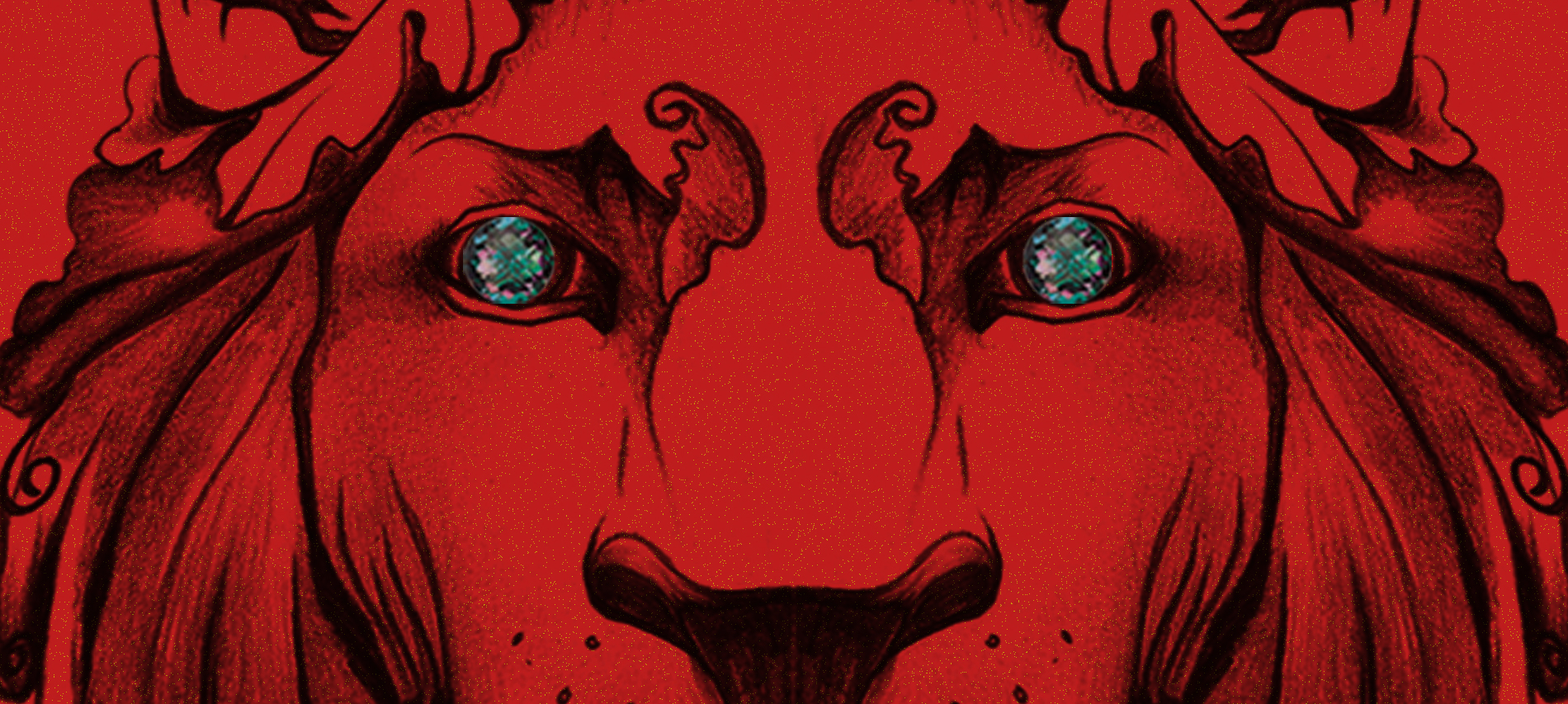




















 Vishnusharma was renowned far and wide for his learning and his skill as a teacher, and was therefore given the task of educating the sons of the king and making them fit to rule. He was eighty years old at the time yet accepted the challenge, and devised the stories of the Panchatantra to teach the princes the rules of kingship and the principles of government.
Vishnusharma was renowned far and wide for his learning and his skill as a teacher, and was therefore given the task of educating the sons of the king and making them fit to rule. He was eighty years old at the time yet accepted the challenge, and devised the stories of the Panchatantra to teach the princes the rules of kingship and the principles of government. The exact date of its composition is uncertain. We do know, however, that it was translated into Pahlavi in 550 CE. Thus, we know with certainty that the Panchatantra must have been composed before this date.
The exact date of its composition is uncertain. We do know, however, that it was translated into Pahlavi in 550 CE. Thus, we know with certainty that the Panchatantra must have been composed before this date. We do not know the exact location of this city, or even if it was a real place. The Panchatantra only states, rather vaguely, that Mahilaropya was the capital city of ‘a kingdom in the south’.
We do not know the exact location of this city, or even if it was a real place. The Panchatantra only states, rather vaguely, that Mahilaropya was the capital city of ‘a kingdom in the south’. The original Panchatantra is a mixture of verse and prose. The stories are narrated mainly in prose, but the lessons derived from the tales are usually given in verse form. Panchatantra takes its audience into a series of stories, deeper and deeper, from one level to the next.
The original Panchatantra is a mixture of verse and prose. The stories are narrated mainly in prose, but the lessons derived from the tales are usually given in verse form. Panchatantra takes its audience into a series of stories, deeper and deeper, from one level to the next. The author has used a device to make it easy for his audience to understand the nature of his characters, and that is their names. He has given his characters, whether human or animal, names that highlight certain aspects of their appearance or behaviour. Thus, we have Pingalaka the lion, whose name means ‘one who is red–gold’, named for his fiery coat!
The author has used a device to make it easy for his audience to understand the nature of his characters, and that is their names. He has given his characters, whether human or animal, names that highlight certain aspects of their appearance or behaviour. Thus, we have Pingalaka the lion, whose name means ‘one who is red–gold’, named for his fiery coat! The subject matter of the Panchatantra and its delightful tales made it a very popular text. Its stories, carried far and wide by travellers and merchants, spread rapidly across the world.
The subject matter of the Panchatantra and its delightful tales made it a very popular text. Its stories, carried far and wide by travellers and merchants, spread rapidly across the world.